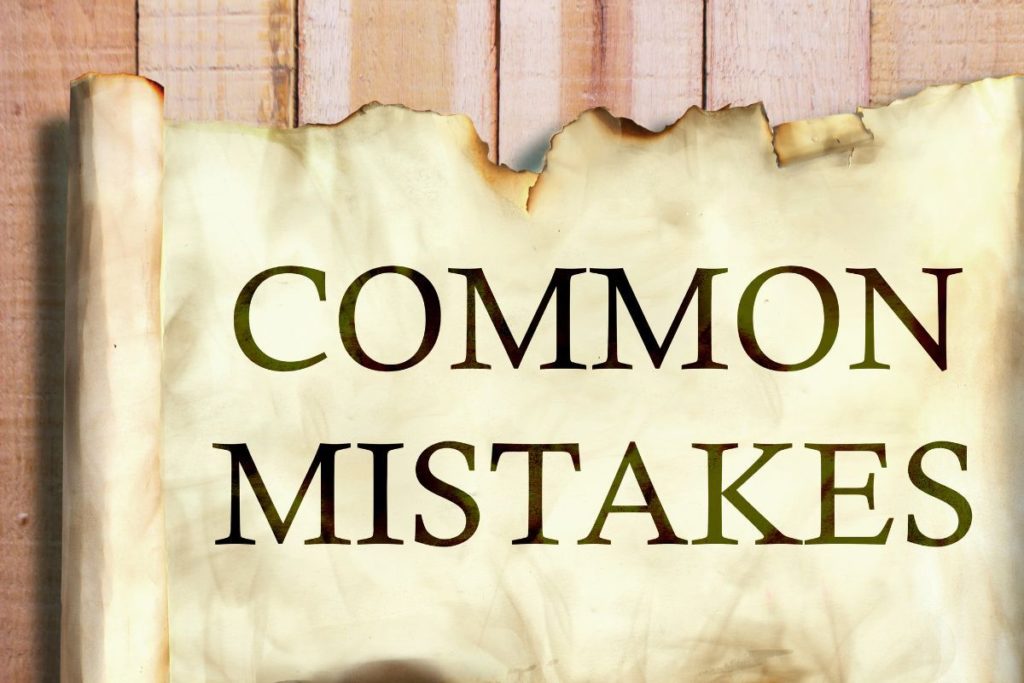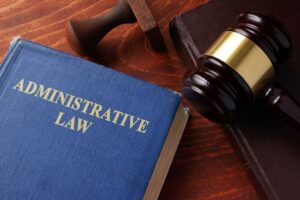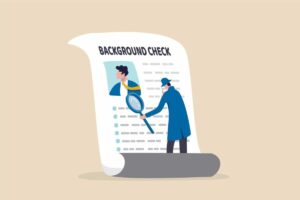Receiving a complaint from your professional or occupational licensing board can be an intimidating and downright frightening experience. Disciplinary action can threaten your license and your career. If you don’t handle these complaints properly, you may make mistakes that put you at a great disadvantage in your disciplinary proceedings. Here are some common mistakes that licensees tend to make when they receive a complaint from their licensing boards.
Failing to Take the Complaint Seriously
If you believe that the allegations in the complaint are unfounded or without any real substance, you must take the complaint seriously. Your licensing board must investigate all complaints about you, no matter who has made the complaint or how baseless it may seem.
Ignoring a complaint because you think it will go away on its own or that the licensing board will surely be on your side is a poor strategy. The fact is that the board is never on your side and will not protect you from a complaint. Your best strategy is to take all complaints seriously and immediately enlist the help of an attorney to protect your interests.
Responding to the Complaint on Your Own
When someone accuses you of doing something wrong, especially if it is false, your instinct is to defend yourself. Your inclination may be to contact the board and explain your actions in detail so that the board understands your side of the story. However, you must remember that the board is NOT on your side. By attempting to explain the course of events that led to the complaint on your own, you may inadvertently worsen your situation. For example, you might admit to something that the board may construe as wrongdoing, misconduct, or a violation of the rules that govern your profession.
Allowing an attorney experienced in professional license defense to help you draft your response is a much better strategy when faced with a disciplinary complaint. We can help craft a thorough, detailed, and well-thought-out response to the complaint. Our goal is to get the complaint dismissed as early in the proceedings as possible and minimize its impact on your professional life. We can better achieve this goal by handling the complaint from the outset of your case.
Trying to Represent Yourself Before the Board
Click to contact our professional license defense lawyers today
While you likely are very good at your job, we also are very good at our job as professional license defense lawyers. You may have never faced a disciplinary complaint or proceeding before, whereas we have represented clients in hundreds of these proceedings. We know what to expect from your licensing board and the procedures that the board will follow throughout your disciplinary proceedings. We are well-versed in administrative law and building a defense for individuals facing complaints that could jeopardize their licenses and careers.
Complete a Case Evaluation form now
Furthermore, when your career is on the line, you understandably may feel frustrated, upset, and angry about your circumstances. You may view the disciplinary proceedings as a personal attack against you and everything you have worked so hard to achieve. It is very challenging to maintain your composure while representing yourself when you are in this situation. Becoming overly emotional or upset during your disciplinary proceedings can harm your case. We can represent your interests calmly and professionally, which is likely to be more effective in your case.
Lying to the Board
Good people make mistakes, including well-educated and highly educated professionals. However, lying or attempting to cover up mistakes that you have made will only make your situation worse. Furthermore, if your licensing board catches you in a lie, you will likely face more severe disciplinary sanctions.
Do not forge, alter, destroy, hide, or cover up evidence related to your disciplinary charges. Records, documents, notes, and anything relevant to the allegations against you are evidence in your case. If the board requests evidence and later discovers that you destroyed the evidence, you could face additional disciplinary charges and sanctions. Let your attorney handle evidentiary and discovery matters on your behalf in a legal manner to avoid unwanted repercussions.
Discussing the Complaint with Others
When you receive a disciplinary complaint, you may be tempted to discuss the complaint with colleagues, patients or customers, friends or family members, or even the person who made the complaint. You also may want to informally contact members of the licensing board to attempt to explain your case. While you must contact some people and entities about a disciplinary complaint, such as your insurance company and your employer, you should give them only as much information as necessary and nothing more.
Speaking about your disciplinary complaint with anyone other than your attorney is a bad idea. The attorney-client privilege protects all communications between you and your lawyer. However, nothing protects conversations you have about your case with anyone else. The attorneys for the licensing board can and will subpoena your colleagues, patients, customers, and others to testify against you. Therefore, you should avoid discussing your case with anyone but your attorney.
Allow Us to Represent Your Interests Before Your Licensing Board
If you face a complaint from your licensing board, you need to act immediately to protect your license and career. As you can see, the sanctions that you may receive during disciplinary proceedings before your licensing board can be quite severe. Your goal is to avoid or minimize these sanctions at all costs and preserve your clean record to the greatest degree possible, which you may be able to do with the help of an experienced license defense attorney. Contact Bertolino LLP today at (512) 476-5757 or visit us online.
Call or text (512) 476-5757 or complete a Case Evaluation form






